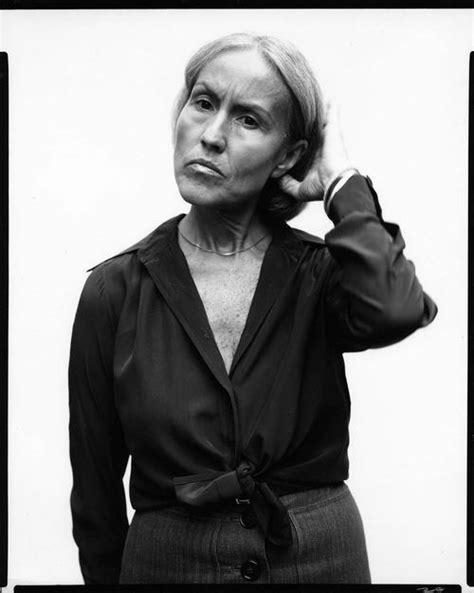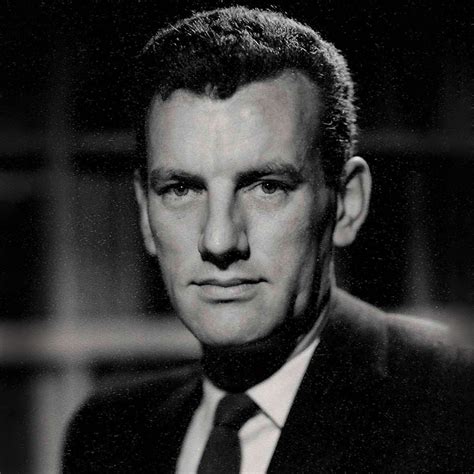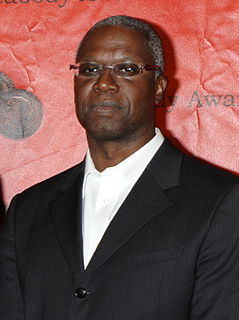A Quote by Bill Bryson
Tune your television to any channel it doesn't receive and about 1 percent of the dancing static you see is accounted for by this ancient remnant of the Big Bang. The next time you complain that there is nothing on, remember that you can always watch the birth of the universe.
Related Quotes
One can imagine that God created the universe at literally any time in the past. On the other hand, if the universe is expanding, there may be physical reasons why there had to be a beginning. One could imagine that God created the universe at the instant of the big bang, or even afterwards in just such a way as to make it look as though there had been a big bang, but it would be meaningless to suppose that it was created before the big bang. An expanding universe does not preclude a creator, but it does place limits on when he might have carried out his job!
I was surrounded by talented people. I always remember Mrs. Carmel Snow, saying to me, "You know, Polly, if one person thinks they're a big star, then we're all stars. You just go out there and always do your best. And always have time to see any designer - no matter how big or how small, have time to see them. You don't have to just see the big shots. You never know what's coming around the corner and the talent that is going to be important. That is your job."
Big bang cosmology is probably as widely believed as has been any theory of the universe in the history of Western civilization. It rests, however, on many untested, and in some cases untestable, assumptions. Indeed, big bang cosmology has become a bandwagon of thought that reflects faith as much as objective truth.
Remember that the past fifty years has been the age of the Big Bang cosmology. We have learnt to see all reality as a slow-motion explosion, as pouring itself out and passing away, as dissemination. We live in a postmodern epoch in which there is nothing absolute, nothing permanent and nothing substantial.
Modern thinking is that time did not start with the big bang, and that there was a multiverse even before the big bang. In the inflation theory, and in string theory, there were universes before our big bang, and that big bangs are happening all the time. Universes are formed when bubbles collide or fission into smaller bubles.
Ironically, members on both sides of the debate do agree about one thing: big bang cosmology puts their position in jeopardy. The big bang poses a problem for young-earth creationists because it makes the universe billions of years old rather than thousands. Such an assertion undercuts their system at its foundation. Big bang cosmology also presents a problem for atheistic scientists because it points directly to the existence of a transcendent Creator - a fact they dare not concede.





































